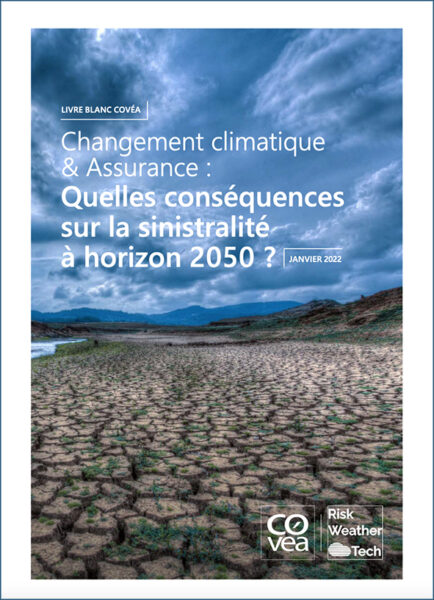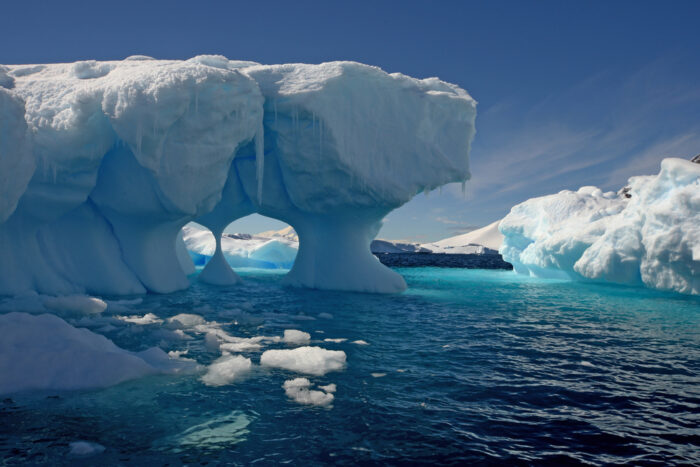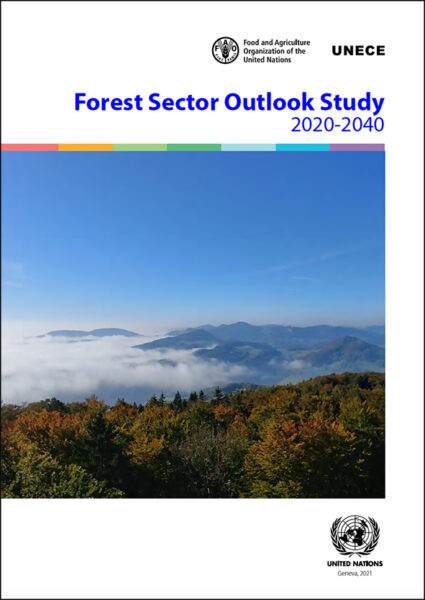Imminent Water Shortages in the Mediterranean
Vital above all else, water risks becoming the major challenge and a fundamental limiting factor against development in the 21st century. The remarkable work of the Blue Plan on the future of the Mediterranean Basin, from which the forecasts for the years 2010 and 2015, as presented here are drawn, bears witness to this.
Water resources are scarce, fragile and unequally distributed in the area (86% to the north of the basin against 14% to the south) and between populations (on average more than 10,000 m3 per inhabitant in the Balkans against less than 100 m3 in Gaza where the index of usage is already reaching 100%). They are furthermore subject to conflicting usage, for example between the needs of domestic drinking water – which can only really increase in the south and east, where demographic increase and urban development will be the most rapid – and agricultural needs (irrigation).
The authors examine first of all how demand can be evaluated, according to the different usages, to show that – with unchanging natural resources – even in the most favourable scenario, many countries will be confronted from
2010 – and a fortiori, from now to 2025 – with serious problems of poverty and shortages (Libya is reaching a staggering index of usage of more than 2,000% !).
They then explain what the forecasts are in terms of supply starting with an inventory of the different resources, renewable and non-renewable, and by examining the various means of increasing them (reprocessing waste water, desalinating sea water, importing, etc.) to finally show that their effect will inevitably remain limited and their shortages inescapable.
Unless, the authors point out in conclusion, action is taken on a third level involving on the one hand the adoption of more economic and effective management of resources, and on the other hand arbitration favouring domestic usage to the detriment of the agricultural sector. Drinking or eating thus appear a formidable alternative, even in the happy scenario of peaceful, concerted management of the fragile ecosystem of a Mediterranean basin confronted with significant disparities.
Pénuries d'eau prochaines en Méditerranée ?
Cet article fait partie de la revue Futuribles n° 233, juil.-août 1998


